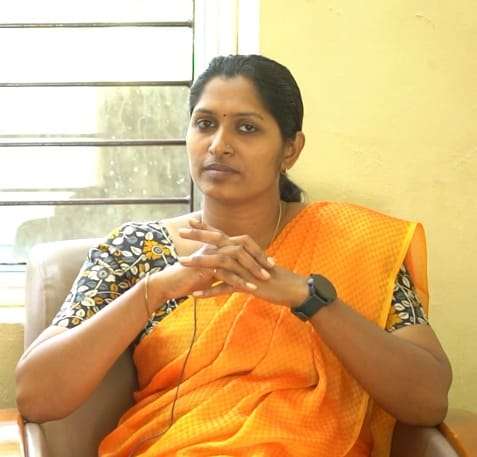Early Intervention and Child Development
Early childhood is a period that is the most crucial time in a child’s brain development, as well as being a period of vulnerability. The first three years of a child’s life is very important for his or her development. Development in language, cognition, and socio-emotional development occurs rapidly in these first years.
By the time healthy toddlers are ready to enter preschool, they will have reached a number of developmental milestones, including being able to dress, say their first name, and play with others. For infants and toddlers who have trouble reaching developmental milestones, early intervention can help children with developmental delays.
Early intervention refers to services and supports that can help young children with developmental delays. It’s eligible for infants and toddlers who are behind in reaching developmental milestones. Delays in communication and language development are often the first sign of developmental problems in young children.
Early intervention services at home or in the community are essential for children from birth to 3 years of age. For that, the help of a special education teacher or early intervention specialist is essential. Depending on which skills are delayed, different types of specialists work with children and their families.
Early intervention focuses on these skills:
- Physical skills (reaching, crawling, walking, drawing, building)
- Cognitive skills (thinking, learning, solving problems)
- Communication skills (talking, listening, understanding others)
- Self-help or adaptive skills (eating, dressing)
- Social or emotional skills (playing, interacting with others)
Ms. Bincy, Vice Principal of Adarsh Special School opines “It is very important to identify the child’s disabilities before he/she starts school. Then the teacher can provide special care during the school period according to the child’s problem. For example, if a student is behind in reading comprehension, a focused teacher can help ensure that student receives the individualised attention they need before they are left behind by their peers.”

“An early intervention unit is an important unit working in our institution. This unit is for children aged 3 months to 5 years. It is a unit that works for maximum development in a child. In this unit, we focus on children with motor delays. We provide activities that focus on children who are premature or lack brain development due to any reason, cannot walk, have speech delays, clumsiness, poor head and neck control, spasms, swallowing difficulties, delayed hand-to-mouth movement, etc. Since the commencement of our school activities, we were able to send around 26 children to normal schools by solving their problems through these activities. 3 months to 5 years is a period when any activity can be very effectively conveyed to children. That is why we provide so many training programs for kids. We have a team of special educators, occupational therapists, speech therapists, psychologists, and physiotherapists to train the children. After the early intervention period, open primary education, which is the syllabus of the National Institute, is provided for children who can be given academic training.
We are creating a supportive environment for children who feel comfortable and are assessing the child’s progress at regular intervals. And we also seat parents of children with special needs in classrooms,” she adds.
Benefits of Early Childhood Intervention
- The earlier the child can access appropriate intervention, the better the outcome is likely to be. Early intervention lays the foundations for a child’s future development.
- High-quality early childhood support gives children the best start in life, providing important opportunities to learn and develop.
- The early years are critical for the entire family as well. This is the perfect time for the family to start learning how to support and nurture the child, how to meet their needs, and how to adapt to having a child who is disabled or has a developmental delay.
If a child is slow to reach developmental milestones, we may wonder whether it’s a good idea to seek an evaluation. While there is always the possibility that a child will catch up on their own, it’s best to seek a professional’s opinion if we have concerns. The bottom line is that the child has everything to gain, and nothing to lose, from an evaluation. If the evaluation shows normal development, it’s great news. If there are significant delays or the evaluation team makes a diagnosis, the child will benefit greatly from early intervention therapies.
